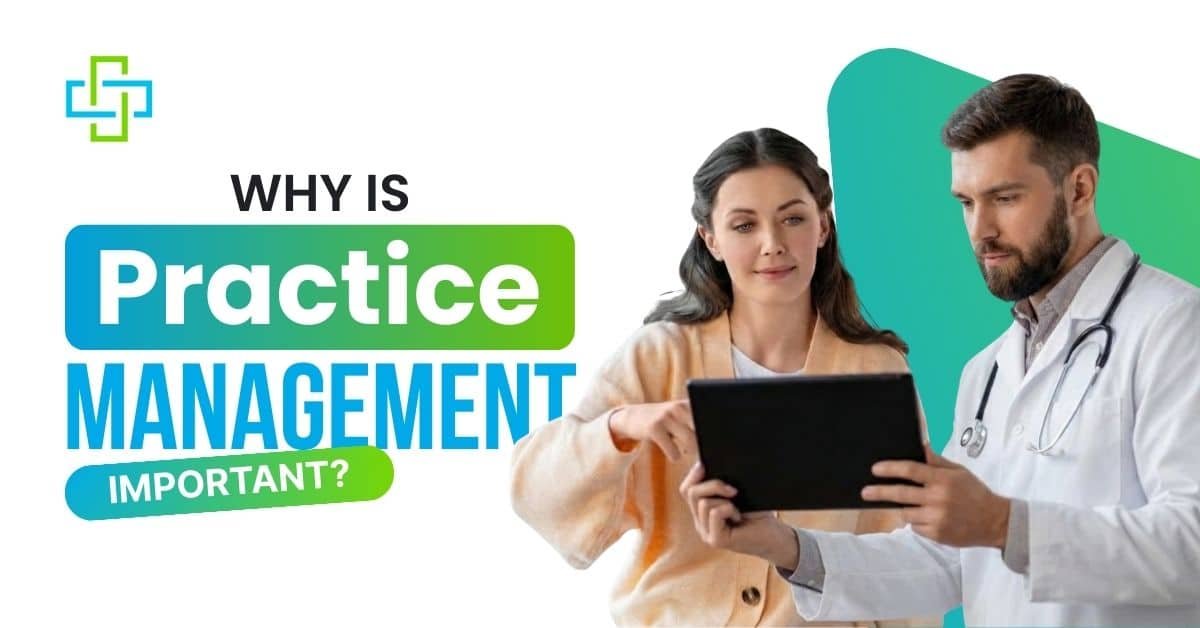The concept of healthcare compliance involves the continued steps and measures taken by all healthcare organizations to avoid fraud, wastage, among other abuses.
It is the establishment of a system where all the legal, ethical, and professional standards are constantly examined and met by every player in the organizations. This creates an environment in which the staff is constantly correcting all the problems whenever they occur, hoping to avoid the occurrence of a more significant issue.
No matter whether you’re a large hospital or a small clinic, compliance is doing things the right way according to federal, state, and payer-specific rules.
In other words, healthcare compliance makes sure that you’re not violating any rules while taking care of your patients.
What is a Healthcare Compliance Program?
A compliance program is a collection of internal procedures, training, and monitoring mechanisms employed in order to make sure a practice or facility complies with all healthcare legislation and protocols.
An effective program entails:
- Written policies and guidelines
- Continuous employee education and training
- Routine audits and risk evaluations
- Reporting mechanisms for potential violations
- Corrective action plans when a problem is discovered
Other Healthcare Compliance companies provide organized programs that can be customized to your facility’s requirements. Our compliance consulting services ensure your organization stays aligned with industry standards and regulations. Having a healthcare compliance program officer or staff can also assist you in detecting risks early and keeping your organization audit-ready.
Why is Healthcare Compliance Important for Providers?
For healthcare professionals, compliance is more than paperwork. It’s necessary to keep your practice going and compliant.
Here’s why certified healthcare compliance is important:
Prevents Penalties
Non-compliance may result in huge penalties or even losing your medical license.
Gains Trust
Patients feel safer knowing their provider practices within ethical and legal boundaries.
Enhances Operations
When processes are standardized and checked, everything runs more smoothly.
Supports Reimbursement
Accurate compliance equates to your coding and billing being more likely to be accepted, reducing delays in payment.
Compliance in today’s electronic era is not a choice, it’s the foundation of an honest and prosperous medical business.
Key Areas Included Under Healthcare Compliance
Compliance is not one rule in MIPS reporting company, it comprises several areas. Some of the most critical are:
- HIPAA – Safeguards patient health information (PHI).
- Billing & Coding Accuracy – Stops fraud and abuse.
- Anti-Kickback Laws & Stark Law – Control physician referrals and stop unethical payments.
- OSHA Regulations – Ensure a safe workplace for healthcare workers.
- Patient Rights – Provide informed consent and secure patient confidentiality.
All of these areas contribute significantly to healthcare compliance and limiting legal risk.
Benefits of Healthcare Compliance
Compliance with rules isn’t merely a matter of staying out of trouble, there are tangible advantages, including:
- Lower Legal Risk
- Improved Reputation
- Quicker Reimbursements
- Improved Patient Experience
- Enhanced Workflow Efficiency
Healthcare compliance practices run more efficiently, keep more patients, and expand organically.
Compliance Tools That Keep You Compliant
Manual compliance management is not only stressful, it’s dangerous. Fortunately, today’s technology can assist you with this.
Software applications simplify the following tasks:
- Monitoring policy changes
- Scheduling training reminders automatically
- Handling paperwork
- Conducting internal audits
- Reporting compliance metrics
With solid software in place, there’s no way anything slips through the cracks. Find products that interface with your EHR, medical billing, and MIPS products to work in concert.
Mistakes to Avoid in Healthcare Compliance
Even the most benevolent providers get things wrong. These are some avoidable mistakes:
- Outdated or incomplete documentation
- Failure to train staff on new rules
- Disregard for patient data privacy procedures
- Inaccurate billing and coding processes
- Failing to use secure systems for storing PHI
These errors can result in audits, denied payments, or litigation. Working with a certified healthcare compliance professional will place you ahead of future risk.
How Does a MIPS Company Facilitate Compliance?
If you bill Medicare, you’re probably part of the MIPS. Remaining compliant with MIPS regulations is essential for maintaining your reimbursements. A reputable MIPS firm not only assists you in keeping up with quality reporting requirements, but it also keeps your data secure, accurate and submitted correctly.
By MIPS and compliance operating together, you minimize your chances of receiving penalties. Moreover, it maximizes your opportunities for receiving performance-based incentives.
Wrapping Up
Healthcare compliance is not a nice-to-have anymore now but a must-have for all healthcare providers. From safeguarding patient information to verifying correct billing, compliance affects every aspect of your practice.
By establishing a solid healthcare compliance program, leveraging today’s healthcare compliance software, and keeping up with regulatory updates, you can keep your practice safe, efficient, and profitable.
If you need help in simplifying healthcare compliance, contact us today!





